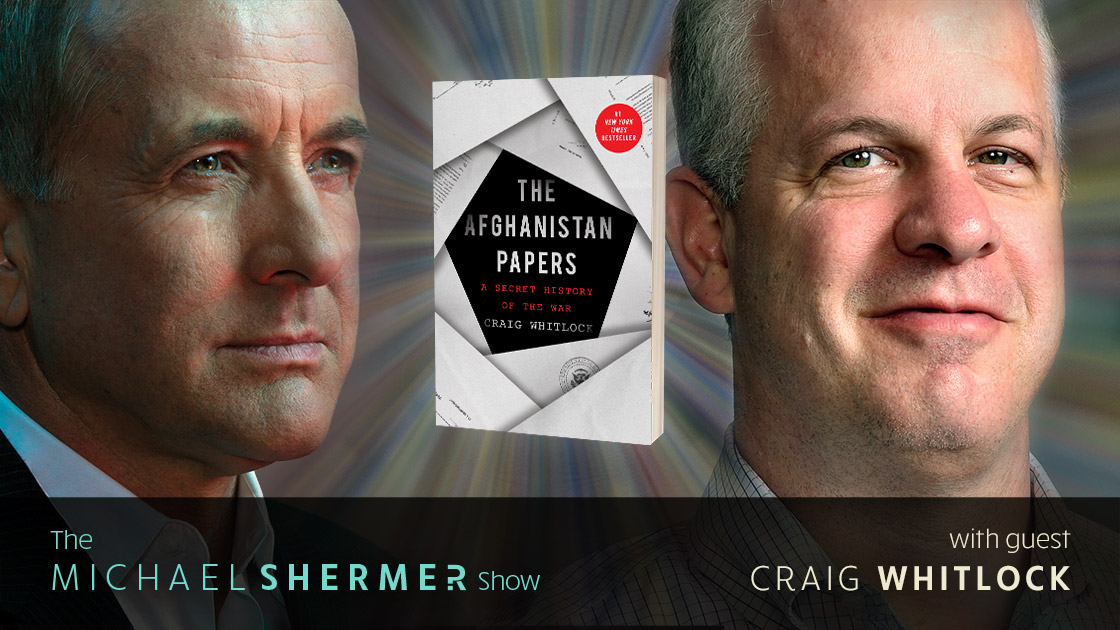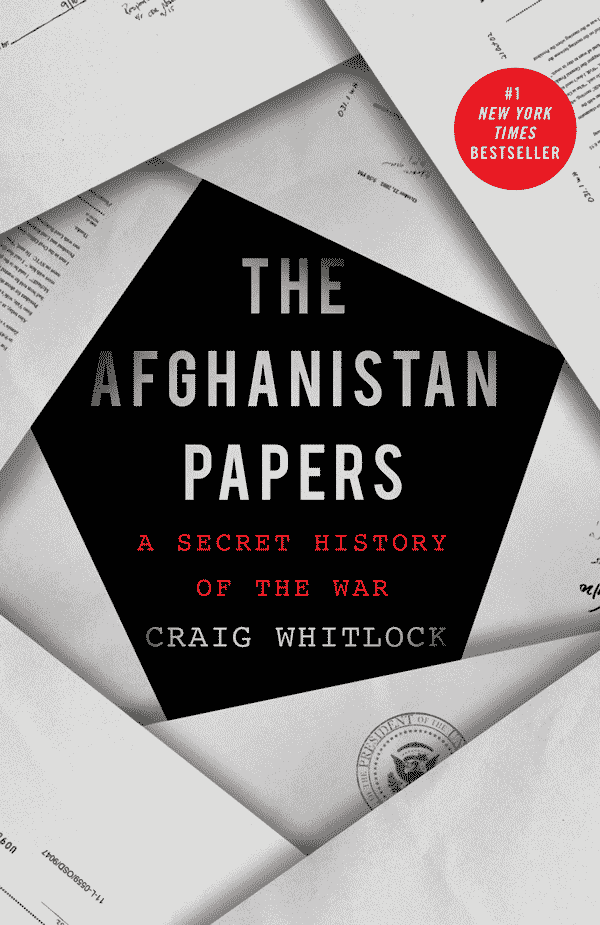Unlike the wars in Vietnam and Iraq, the US invasion of Afghanistan in 2001 had near-unanimous public support. At first, the goals were straightforward and clear: to defeat al-Qaeda and prevent a repeat of 9/11. Yet soon after the United States and its allies removed the Taliban from power, the mission veered off course and US officials lost sight of their original objectives.
Distracted by the war in Iraq, the US military became mired in an unwinnable guerrilla conflict in a country it did not understand. But no president wanted to admit failure, especially in a war that began as a just cause. Instead, the Bush, Obama, and Trump administrations sent more and more troops to Afghanistan and repeatedly said they were making progress, even though they knew there was no realistic prospect for an outright victory.
Just as the Pentagon Papers changed the public’s understanding of Vietnam, The Afghanistan Papers contains startling revelation after revelation from people who played a direct role in the war, from leaders in the White House and the Pentagon to soldiers and aid workers on the front lines. In unvarnished language, they admit that the US government’s strategies were a mess, that the nation-building project was a colossal failure, and that drugs and corruption gained a stranglehold over their allies in the Afghan government. All told, the account is based on interviews with more than 1,000 people who knew that the US government was presenting a distorted, and sometimes entirely fabricated, version of the facts on the ground.
Documents unearthed by The Washington Post reveal that President Bush didn’t know the name of his Afghanistan war commander — and didn’t want to make time to meet with him. Secretary of Defense Donald Rumsfeld admitted he had “no visibility into who the bad guys are.” His successor, Robert Gates, said: “We didn’t know jack shit about al-Qaeda.”
The Afghanistan Papers (#ad) is a shocking account that will supercharge a long overdue reckoning over what went wrong and forever change the way the conflict is remembered.
Craig Whitlock is an investigative reporter for The Washington Post. He has covered the global war on terrorism for the Post since 2001 as a foreign correspondent, Pentagon reporter, and national security specialist. In 2019, his coverage of the war in Afghanistan won the George Polk Award for Military Reporting, the Scripps Howard Award for Investigative Reporting, the Investigative Reporters and Editors Freedom of Information Award, and the Robert F. Kennedy Journalism Award for international reporting. He has reported from more than sixty countries and is a three-time finalist for the Pulitzer Prize. He lives in Silver Spring, Maryland.
Shermer and Whitlock discuss:
- what it’s like covering the war on terror,
- sources for the Afghanistan Papers: Oral-history & Lessons Learned Interviews,
- how the war on terror differs from other wars,
- comparing the Afghanistan war to the Vietnam war,
- the USSR in Afghanistan,
- Is terrorism really an existential threat? (compare to gun violence)
- Are terrorists motivated by religion (Islam), US foreign policy, personal gain, economic necessity, boredom, or all of the above?
- George W. Bush: “We will rid the world of the evil-doers” because they hate us for “our freedom of religion, our freedom of speech, our freedom to vote and assemble and disagree with each other.”
- If Trump had been reelected, how would the end of the war turned out different?
- the total cost in lives, money, and materiel,
- Who were the bad guys anyway? Osama bin Laden? Al-Qaeda? The Taliban? Tribal war lords?
- Osama bin Laden and the Tora Bora campaign: how did he get away?
- Putting ourselves into the minds of our political leaders and military commanders, what were they really thinking in continuing an obviously unwinnable war?
- Is mission creep inevitable?
- the difference between lies and spin,
- the false justification for the invasion of Iraq: did our leaders know there were no WMDs?
- how Iraq distracted from Afghanistan,
- What does “nation building” mean?
- Islam for Dummies,
- the tribal warlords and the war on opium,
- Hamid Karzai,
- Abu Ghraib, Guantanamo Bay, torture,
- drone strikes,
- CIA contractors and other private companies in Afghanistan,
- Why couldn’t we have just sent in Rambo (Navy Seals/special forces) to get bin Laden?
- the role of NATO and the UN in the war,
- Do sanctions work?
- Donald Rumsfeld (compare Robert McNamara, The Fog of War; Errol Morris’ film The Unknown Known); snowflakes (memos) 20,000 in six years.
If you enjoy the podcast, please show your support by making a $5 or $10 monthly donation.
This episode is sponsored by Brilliant:
This episode was released on October 16, 2021.













